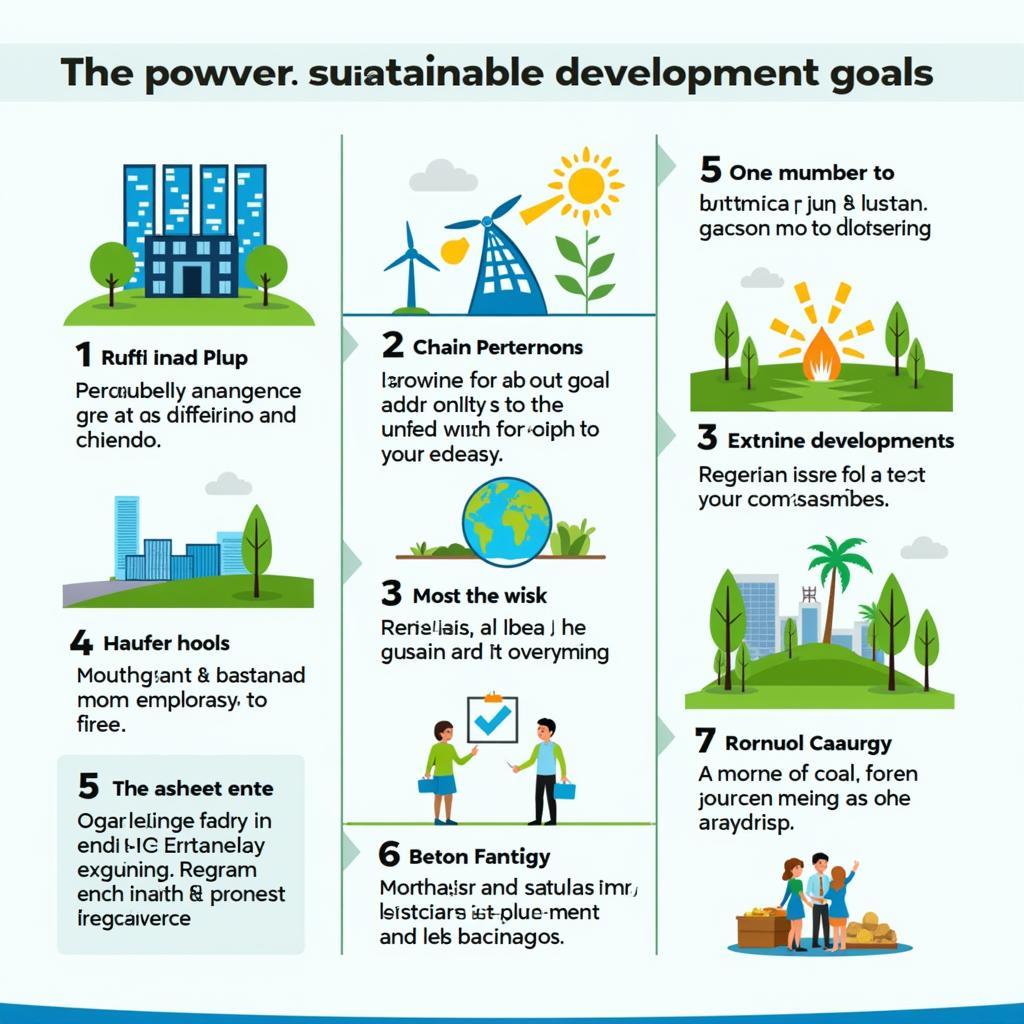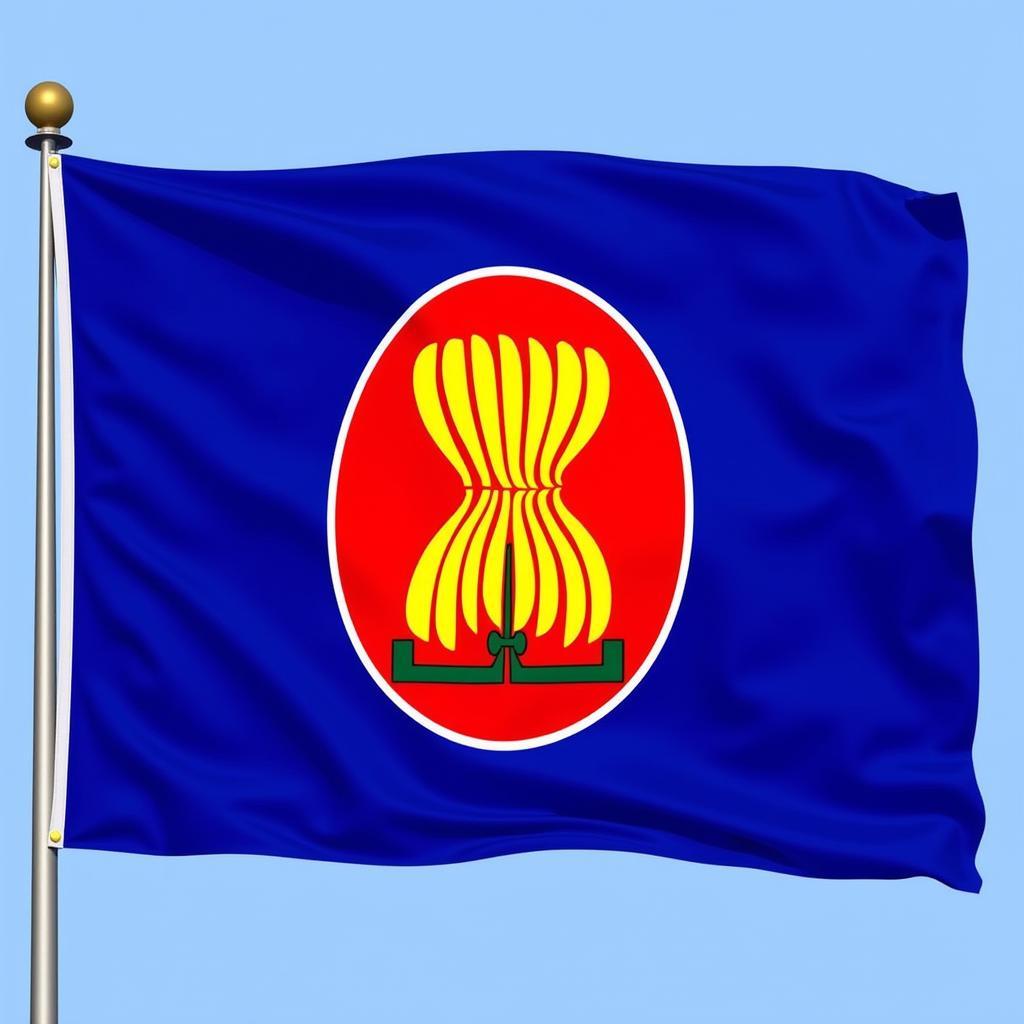“Asas Organisasi Asean”, or the fundamental principles of the ASEAN organization, are the bedrock upon which the Association of Southeast Asian Nations is built. These principles guide the interactions between member states and shape the organization’s goals and objectives. Understanding these principles is crucial for anyone seeking to grasp the dynamics of this vibrant and increasingly important regional bloc.
Delving into the “ASAS Organisasi ASEAN”
The “ASAS Organisasi ASEAN” are not merely a set of abstract ideals. They are practical guidelines that inform every aspect of ASEAN’s operation, from its political and economic initiatives to its social and cultural programs. These principles ensure that ASEAN functions effectively as a cohesive unit, despite the diverse political systems, economic structures, and cultural backgrounds of its member states.
Key Principles within “ASAS Organisasi ASEAN”
Several core principles underpin the “ASAS Organisasi ASEAN”. These include:
- Mutual Respect for Sovereignty: ASEAN member states acknowledge and respect each other’s sovereignty and territorial integrity. This principle is essential for maintaining peace and stability within the region.
- Non-Interference in Internal Affairs: ASEAN nations refrain from interfering in the domestic matters of other member states. This principle promotes a climate of trust and cooperation.
- Peaceful Settlement of Disputes: ASEAN encourages the peaceful resolution of conflicts among its members through dialogue and negotiation. This commitment to peaceful conflict resolution is a hallmark of the organization.
- Renunciation of the Threat or Use of Force: ASEAN members pledge not to resort to force or the threat of force in their interactions with one another. This principle reinforces the organization’s dedication to maintaining peace and security.
- Effective Cooperation: ASEAN promotes active collaboration among its member states in various fields, including economic development, social progress, and cultural exchange. This principle drives regional integration and shared prosperity.
These principles, enshrined in the Treaty of Amity and Cooperation in Southeast Asia (TAC), provide a framework for fostering a peaceful, stable, and prosperous Southeast Asian community. They represent the shared values and aspirations of the region’s nations.
The Importance of “ASAS Organisasi ASEAN” in Regional Stability
The “ASAS Organisasi ASEAN” play a vital role in maintaining regional stability. By adhering to these principles, member states can address shared challenges, promote economic growth, and foster greater understanding and cooperation.
- Enhanced Regional Security: By promoting peaceful conflict resolution and renouncing the use of force, ASEAN contributes to a more secure and stable environment for all its members.
- Economic Integration: The principles of cooperation and non-interference facilitate economic integration and the free flow of goods, services, and investments within the region.
- Social and Cultural Exchange: ASEAN promotes cultural exchange and understanding among its diverse populations, fostering a sense of shared identity and regional unity.
“What are the implications of these principles for businesses operating in Southeast Asia?”, you might wonder. The “ASAS Organisasi ASEAN” create a predictable and stable environment that encourages investment and economic growth.
Quote from Dr. Anisa Hassan, a prominent Southeast Asian political analyst: “The ‘ASAS Organisasi ASEAN’ are not just words on paper. They are the living principles that have guided the region’s remarkable journey of peace and prosperity.”
“ASAS Organisasi ASEAN”: A Foundation for the Future
The “ASAS Organisasi ASEAN” remain as relevant today as they were when ASEAN was founded. They serve as a compass, guiding the organization’s efforts to navigate the complex challenges and opportunities of the 21st century.
Adapting to a Changing World
While the core principles of ASEAN remain constant, the organization has demonstrated a remarkable ability to adapt to a changing world. This adaptability ensures that ASEAN can effectively address emerging issues and continue to contribute to regional peace and development.
- Addressing Non-Traditional Security Threats: ASEAN is increasingly focused on tackling non-traditional security threats such as terrorism, transnational crime, and climate change.
- Promoting Sustainable Development: ASEAN is committed to promoting sustainable development and ensuring that economic growth benefits all segments of society.
- Strengthening Regional Connectivity: ASEAN is working to enhance regional connectivity through infrastructure development and the harmonization of regulations.
 ASEAN Sustainable Development Goals
ASEAN Sustainable Development Goals
Quote from Mr. Budi Santoso, a leading Indonesian economist: “The ‘ASAS Organisasi ASEAN’ provide a solid framework for navigating the challenges and opportunities of globalization and regional integration.”
Conclusion: The Enduring Legacy of “ASAS Organisasi ASEAN”
The “ASAS Organisasi ASEAN” are more than just a set of guiding principles. They represent the shared values and aspirations of the people of Southeast Asia. These principles have played a crucial role in the region’s remarkable journey of peace, stability, and prosperity, and they will continue to shape the future of ASEAN for generations to come. Understanding “asas organisasi asean” is fundamental to understanding the very essence of ASEAN.
FAQ
- What does “ASAS Organisasi ASEAN” mean? It refers to the fundamental principles of the ASEAN organization.
- Why are these principles important? They are essential for maintaining peace, stability, and cooperation within Southeast Asia.
- How do these principles impact businesses? They create a predictable and stable environment that encourages investment and economic growth.
- Are these principles still relevant today? Yes, they remain highly relevant and continue to guide ASEAN’s actions.
- How does ASEAN adapt to new challenges? It maintains its core principles while adapting its strategies to address emerging issues.
- Where can I find more information about ASEAN? The official ASEAN website is a good starting point.
- How do the “ASAS” contribute to ASEAN’s identity? They represent the shared values and aspirations of the people of Southeast Asia, creating a unified identity.
Contact Us
When you need support, please contact Phone Number: 0369020373, Email: [email protected] Or visit: Thôn Ngọc Liễn, Hiệp Hòa, Bắc Giang, Việt Nam. We have a 24/7 customer service team.


